Stella Dallas (1925)
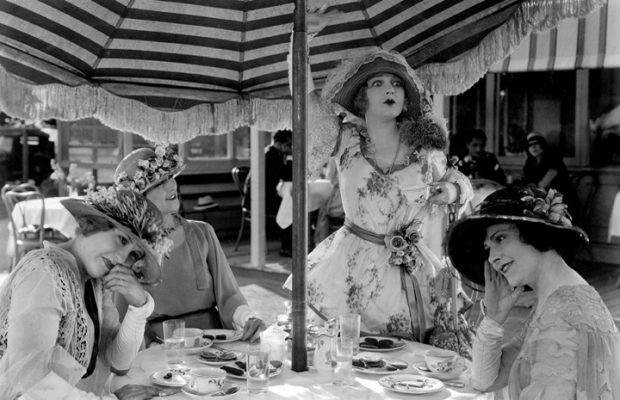
A-G-E Film Society of Toronto
1st Season – 4th Program
at the
STUDIO CINEMA
Sunday March 4, 1956, 8.30 p.m.
The Queen
The Motorman (Le garde-moteur)
National Film Board of Canada, 1953, 6 mins.
Directed by Gil LaRoche
Camera, Lorne Batchelor
Faces of Canada series
This film presents incidents in the day of a streetcar motorman-conductor of the Ottawa transport system as he proceeds with his daily job of carrying hundreds of citizens to their places of business or to and from shops. An interesting glimpse of the motorman’s work and of the passengers and their peculiarities.
—–
Magoo Express
UPA, Columbia Pictures, USA, 1955, 6 mins.
Executive Producer, Stephen Bosustow
Directed by Peter Burness
Story, Dick Shaw and Barbara Hammer
Design, Sterling Sturtevant
Music, Frank Comstock
In Magoo Express our short-sighted hero is travelling on a continental express train in company with a gang of spies. Searching for his poodle, whom he has smuggled aboard, Magoo wanders around the train pursued by the woman member of the gang, who has inadvertently handed over to him a highly explosive cigar. This beautiful spy parody is conventional but quite entertaining, and the drawing is pleasing, notably in the views of the toy train progressing through a stylised and vaguely European landscape.
—–
A Bit of the Best
Warner Bros., USA 1955, 11 mins.
Production and script, Robert Youngson
Editor, Albert Helmes
Narrator, Dwight Weist
A capsule version of a film (the title is not stated) starring Rin Tin Tin. A spirited story has to do with a villainous attempt to sabotage construction of a dam, and the dog star demonstrates his resourcefulness in rescuing the hero from imprisonment (by pulling back the bolt and opening the door of the shack with his teeth) and in saving the heroine when she is dangling from a rope over a flooded river. These short extracts have considerable vitality, and Rin Tin Tin himself still remains the most dignified and likeable of the animal stars.
Reviews from the Monthly Film Bulletin of the British Film Institute
—–
INTERMISSION
—–
We apologise to members for the change in the program. Our booking of The Unholy Three (although confirmed by the Museum of Modern Art Film Library before the series began) was cancelled by order of Loew’s Inc. which has withdrawn this, and 15 other pictures, from circulation.
—–
Stella Dallas (1925), 11 reels
A Samuel Goldwyn Production, USA
Released through United Artists
Produced and directed by Henry King
From the novel by Olive Higgins Prouty
Adapted by Frances Marion
with RONALD COLMAN, BELLE BENNETT,
Lois Moran, Jean Hersholt,
Douglas Fairbanks, Jr., Alice Joyce
Henry King, I feel, is one of the most sincere of American directors, whose work seldom receives the attention it deserves. He is to be numbered among those directors in Hollywood who, if they were allowed the chance, would make a film to compare with the product of any of the better European directors. All his productions contain points of definite interest, demanding a detailed examination for which there is not the space in these pages. To his credit must first be placed what was at its date one of the finest films America had produced, Tol’able David (1922), which was followed later by Stella Dallas, Romola, The White Sister, The Winning of Barbara Worth (a sophisticated Western), The Magic Flame, and the better parts of The Woman Disputed. King learnt from Griffith all that was good, combining the spoil with his own filmic knowledge. The real value of Stella Dallas, a brilliant and deeply emotional film, was superficially destroyed by the cheap and contemptible publicity that it received. It was diversely said to be ‘the greatest mother-love picture ever made’, and that ‘Mr. King had focalised in it all the creative artistry of his great career’, all of which was an attempt to put over Samuel Goldwyn’s appreciation of the ‘art’ of the cinema. It implied, on the contrary, not ony the strangeness of Mr. Goldwyn’s mind, but the negligible amount of appreciation he possessed fort he work of his own directors. The story of Stella Dallas was not of unusual interest, but it gave scope for a consistent character development over a space of time, and lent itself to delicate touches of direction. Its lesson lay in the superb handling of acting material, notably in the cases of Belle Bennett and Lois Moran, and also in Jean Hersholt’s masterly rendering of the coarse riding-master. It was one of those rare films that rested on its treatment alone, a type of film not usually connected with America. Sympathy and delicacy are the two salient characteristics of Henry King’s work, exemplified strongly in Tol’able David and Stella Dallas.
Paul Rotha in The Film Till Now (1929)
Henry King’s most recent films are Love Is a Many-Splendored Thing, Untamed and the 55mm. Cinemascope film version of Carousel. Mr. Goldwyn’s latest picture of course is Guys and Dolls. His most famous is probably The Best Years of Our Lives, directed by William Wyler. He re-made Stella Dallas in 1937 under the direction of King Vidor with Barbara Stanwyck, Anne Shirley, Alan Hale and John Boles.
—–
The Museum Film Library is presently honouring Mr. Goldwyn for his contribution to the screen by presenting a selection of his films, from his early years through to the present, at the MMA’s own theatre in New York. Twenty-four films will be shown under the title, “A Producer’s Work: the films of Samuel Goldwyn.”
—–
Pianist, Miss Ruby Ramsey Rouse
for the Studio Cinema, Bob Lester
Aldo Maggiorotti Gerald Pratley Elwood Glover
The A-G-E Film Society is a member of the Canadian Federation of Film Societies, affiliated with the Canadian Film Institute.

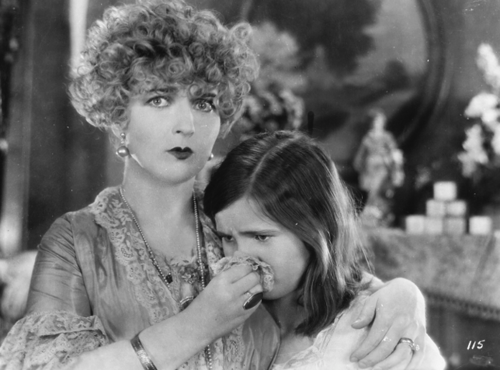
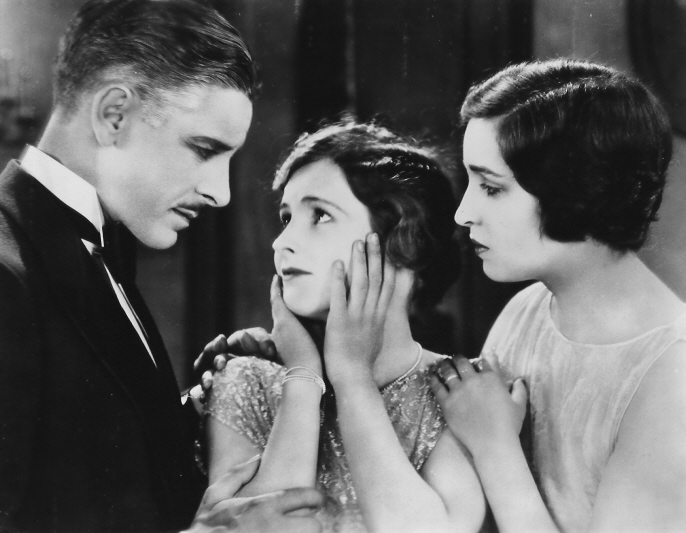
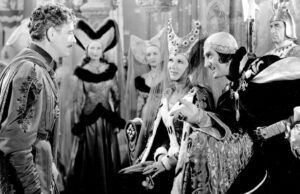
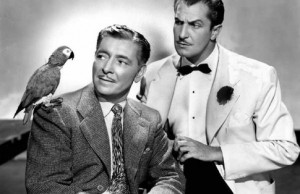
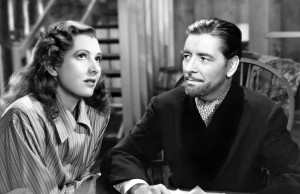






Leave a Reply